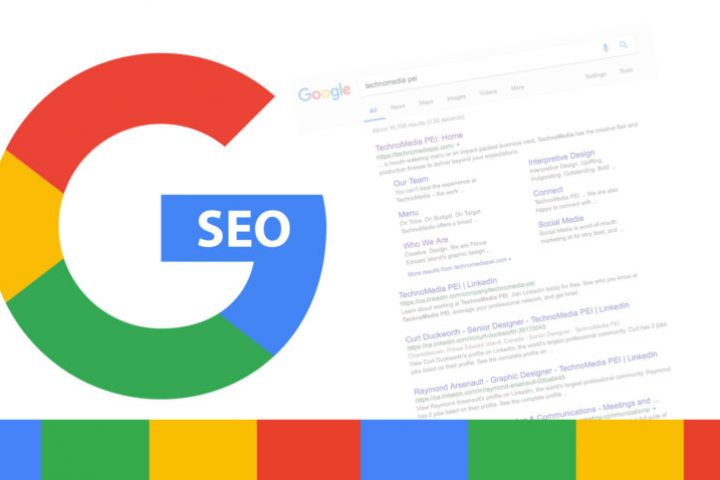If you were Google… you’re probably sweating right now.
Imagine your algorithm LOGIC leaking into the hands of #SEOs.
Well… it turns out.. much of the ‘claims’ of Google doesn’t look at are in-fact true. There is a sandbox, no-follow does work, LINKS ARE CRITICAL, there is a whitelist, Chrome data is used.
THE SKINNY…
Leak Details: The documentation was accidentally published and captured by an automated service, then fixed by Google, but remains live in some form. It provides extensive information about data stored for content, links, and user interactions.
Ranking Systems and Features:
Google’s systems include numerous modules and features, many of which relate to ranking but not all. These modules cover various aspects like YouTube, Assistant, Books, video search, links, and more.
Misleading Statements:
The leak argues that Google has misled the public about certain aspects of their systems. For instance, Google does use a form of “siteAuthority” despite claims to the contrary, and clicks and user behavior do influence rankings, contradicting Google’s public statements.
Domain Authority:
Exists as “siteAuthority” and is part of Google’s ranking.
Click Data: Clicks and post-click behavior are indeed used in ranking, contrary to Google’s public denials.
Sandbox Effect:
Exists as a measure called “hostAge” to sandbox new sites.
Chrome Data: Usage data from Chrome does influence search rankings.
Various Demotions: Including for anchor mismatches, exact match domains, product reviews, and more.
SEO Implications:
The documentation provides actionable insights for SEO, such as:
– Importance of driving diverse and quality clicks.
– Significance of link diversity and relevance.
– Focus on creating and promoting high-quality content.
– Understanding that shorter content can still rank well if original.
Authors and E-E-A-T:
Authorship is explicitly considered, with text and entity recognition features used to evaluate content quality.
Link Analysis: Google’s sophisticated link analysis includes tracking the source of links, spam detection, and link velocity, emphasizing the importance of quality backlinks.
Page Attributes: Metrics such as token counts, title match scores, and the significance of fresh content are highlighted.
Conspiracy Theories Confirmed?: Some longstanding theories like Google using domain registration info and treating video-focused sites differently are validated.
My final thoughts:
The leak confirms many practices seasoned SEOs have long advocated, reinforcing the need to understand the audience, create high-quality content, and promote it effectively.
UPDATE:
Key points for digital marketers to consider:
User Trust: The leak suggests that Google may have mishandled sensitive user data, such as YouTube recommendations based on deleted watch history and exposure of user emails on Socratic.org. This could lead to increased scrutiny from users who may become more cautious about sharing their data, affecting engagement and trust in Google platforms.
Ad Platform Integrity: An incident where customer marketing accounts were manipulated on Google’s ad platform highlights potential vulnerabilities in the tools marketers rely on for campaigns. This could impact campaign performance and raise questions about the reliability and security of Google’s advertising ecosystem.
Data Security Compliance: With the exposure of personal data (e.g., Waze’s leak of trip histories and home addresses), there may be a stronger push for stricter data security measures. Marketers will need to be more vigilant about compliance with privacy regulations, as breaches like these can lead to stricter enforcement and potential penalties.
Reputational Impact: The contractor’s misuse of admin access to leak a game trailer, even if deemed non-intentional, reflects poorly on Google’s internal controls. This could affect how brands perceive Google as a partner in protecting their proprietary content.
Overall, this leak underscores the importance of data security and transparency for digital marketers. It may prompt a reevaluation of how much reliance is placed on Google’s platforms for sensitive campaigns and data-driven marketing strategies.




